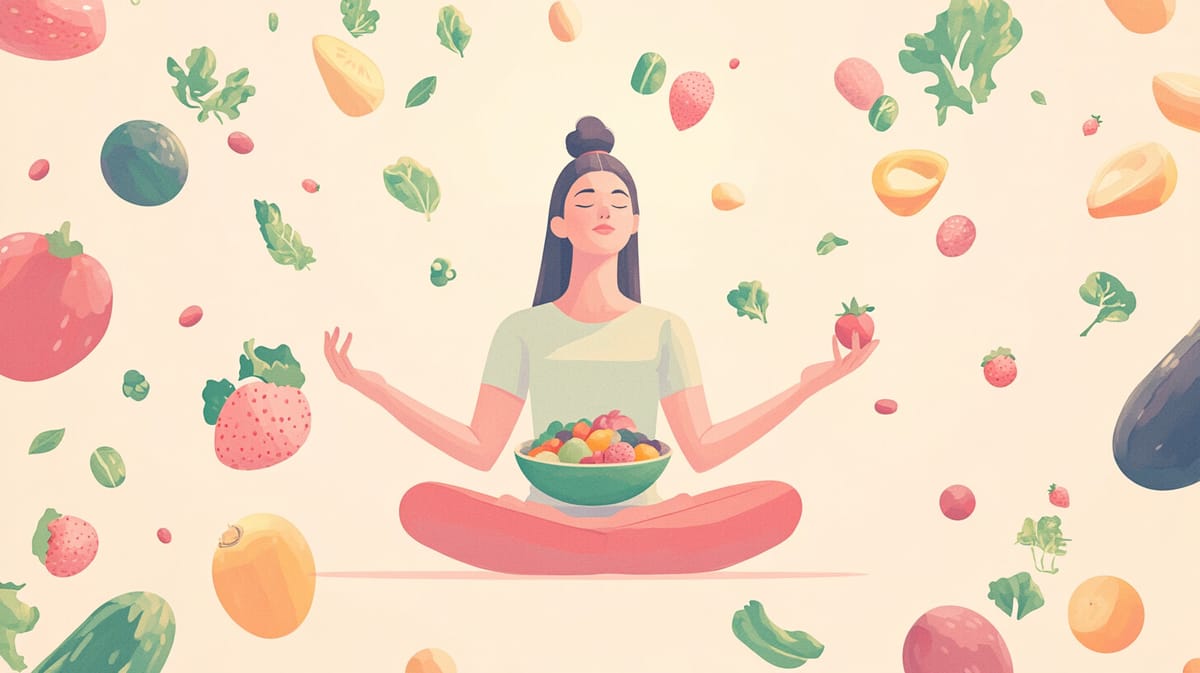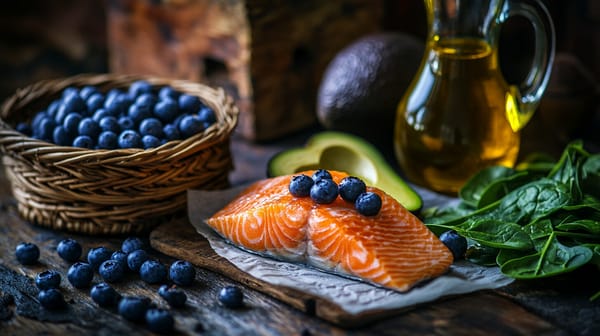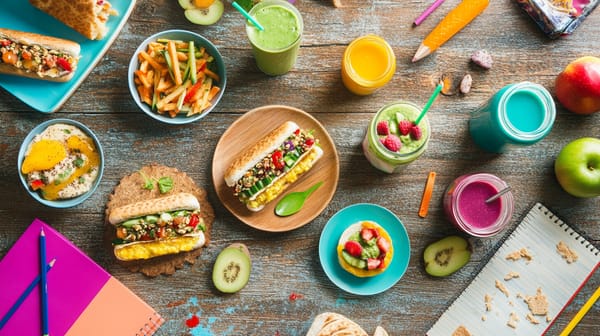Harness the Power of Intuitive Eating to Overcome Stress and Uncertainty

In the midst of a global pandemic, it's natural for our eating habits and food choices to fluctuate. The emotional turmoil, lack of availability of fresh foods, and disruption to daily routines have led many to turn to comfort foods or more processed, convenient options. While reports suggest the average weight gain during quarantine has been just 0.21 pounds, some individuals may have experienced more significant changes.
Release the Pressure of Pandemic Weight Gain
If you find yourself stressing about food choices and weight, take heart in knowing you're not alone. Our body weight naturally varies during different phases of life, and having compassion for yourself is crucial during unprecedented times like these. Obsessing over the scale will only compound stress, potentially causing more harm than the weight itself.
Registered dietitian Jessica Jaeger notes, "We are in stressful times. Obsessing about food and weight exacerbates this stress and can potentially cause more harm than the weight itself." Instead of fixating on numbers, focus on nourishing your body and mind.
Embrace the Comfort of Food Without Guilt
Comfort foods, when enjoyed in moderation, can provide a temporary sense of calm and normalcy amidst chaos. The nostalgic memories and release of feel-good hormones associated with certain foods are valid coping mechanisms. Denying yourself these small pleasures often leads to increased cravings and stress.
However, it's important to recognize when emotional eating - consuming food in the absence of physical hunger - becomes a primary method of dealing with negative emotions. If you find yourself frequently eating to boredom or discomfort, rather than hunger, it may be time to explore additional coping strategies.
Tune into Your Body's Intuition
Kelly Abramson, RD, advocates for intuitive eating - a process of trusting your body to guide food choices based on internal cues of hunger, fullness, and satisfaction. "Adding to our stress levels by worrying about pandemic weight gain can have negative mental and physical health effects," she explains. "Instead, I prefer people start trusting their bodies to tell them what they need in the moment."
By releasing the pressure to control your weight and tuning into your body's innate wisdom, you can alleviate stress and cultivate a more peaceful relationship with food. Remember, prolonged stress and elevated cortisol levels are associated with inflammation, hypertension, blood sugar imbalances, and fatigue - prioritizing stress reduction is key.
Diversify Your Stress-Relief Toolbox
While food can serve as one tool for navigating stressful times, relying on it as the sole coping mechanism may strain your relationship with eating. Aim to expand your arsenal of stress-relief techniques beyond food.
Consider incorporating mindfulness practices like deep breathing, meditation, or yoga. Engage in physical activity you genuinely enjoy, whether that's walking in nature, dancing, or strength training. Listening to music, exploring interesting podcasts, or journaling can help calm racing thoughts.
If you find yourself frequently stress eating and struggling to implement other coping strategies, seeking support from a registered dietitian or therapist can be invaluable. Many now offer virtual services and can help develop a personalized plan tailored to your unique needs and goals.
Embrace Compassion and Flexibility
Above all, practice self-compassion and allow for flexibility in your eating habits during this challenging time. Release the pressure to maintain rigid control over your food choices and weight. By trusting your body, expanding your stress-management techniques, and seeking support when needed, you can successfully navigate the uncertainties of the pandemic and emerge with a healthier, more intuitive approach to nourishing yourself.




